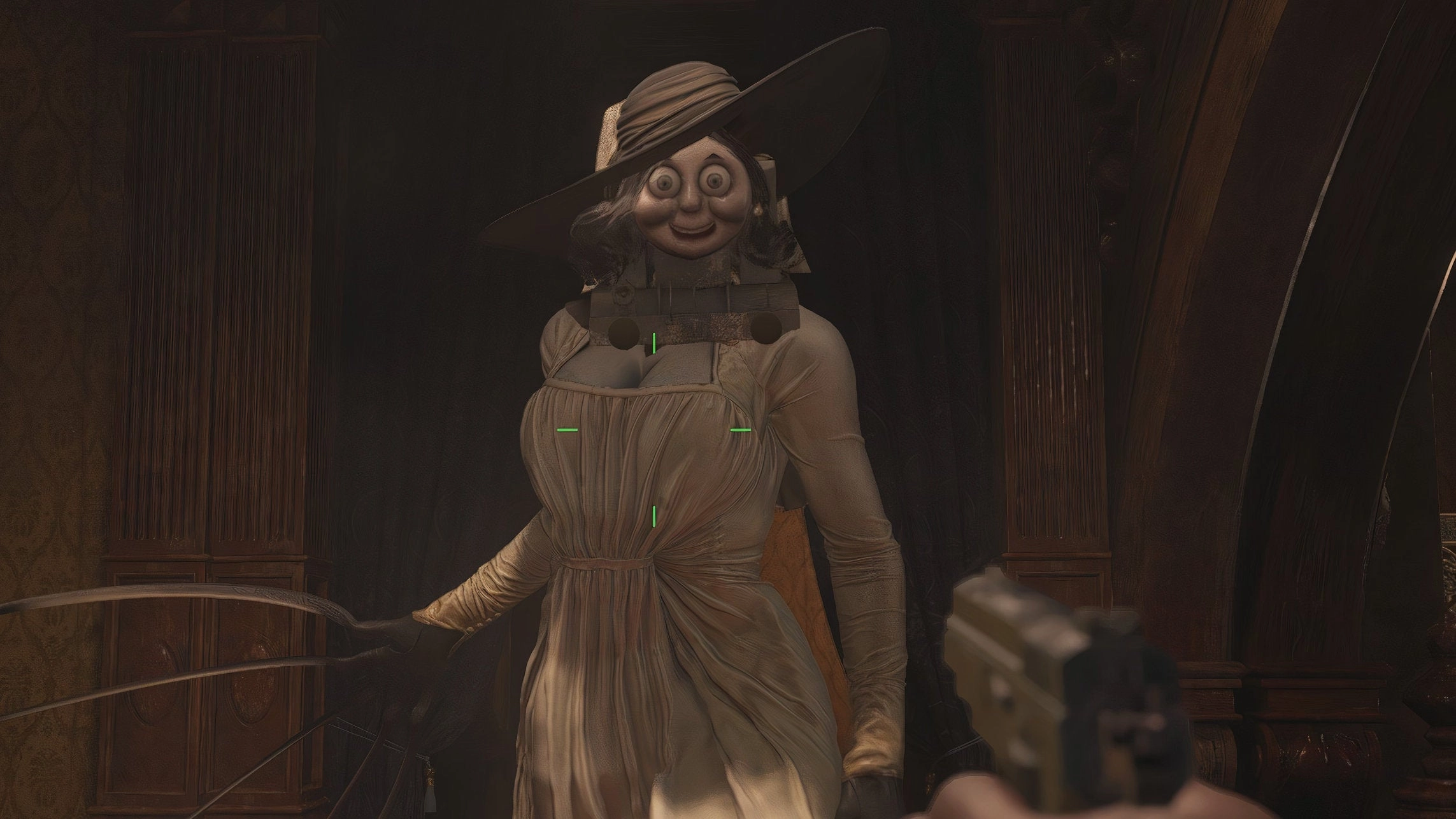
Capcom, the global video game giant, is in the spotlight over concerns about user-created modifications, commonly known as mods, for its popular video games. The anxiety stems from fears that the reputation of both its games and the company might suffer from the dissemination of some mods.
Thomas the Tank Engine replacing terrifying monsters in the survival-horror series, Resident Evil, encapsulates the fun gamers have in modding popular video games. However, alongside other Shrek or Barney the Dinosaur-themed mods, Capcom has expressed apprehension that some of these creations may result in unwarranted "reputational damage" to the company and their games.
This concern was voiced during an internal presentation from Capcom's R&D department, made available via their YouTube channel. The presentation outlined the company's efforts in combating cheating and piracy, with certain types of modding falling under this category due to the difficulty distinguishing between tools used for mods and those used for cheating. The presenter during the discussion stated, “For the purposes of anti-cheat and anti-piracy, all mods are defined as cheats.”
The main issue, however, lies not in mods' access but in the content of the mods themselves. Some user-created mods, Capcom warns, contain “offensive” content that could implicate both the game and the company at large. The presenter further drew attention to these mods, stating, “There are a number of mods that are offensive to public order and morals. When these are disseminated, the image of the product is tarnished and branding is affected. Also, these offensive mods may be mistaken for legitimate implementations and cause reputational damage.”
While most might dismiss exchanging scary monsters with goofy cartoon characters as harmless fun, Capcom notes that some mods could be deemed offensive, calling for stricter regulations on modding. However, what precisely constitutes “offensive to public order and morals” under Capcom’s perspective remains vague.
Furthermore, the company mentions that modding's impact is not only tarnishing their image, but also have consequences involving both users and the development process. After installing mods, players experiencing performance issues like crashes, freezes, or data corruption often turn to Capcom for support. This inadvertently increases the workload and may take away funds from the development budget better spent on creating higher quality games.
The presenter further clarifies, “This situation can cause delays in the production of the game. Furthermore, it causes delays in support for users who are not using the mod. As the customer support load increases, it will eventually circle back around and affect development costs.”
Thus, it appears there is a legitimate basis for Capcom's concern over the influence of mods. While battling enemies in Monster Hunter or evading zombies with a banana might not foreseeably bring down a company the size of Capcom, the extent of worry displayed is significant enough to warrant discussion and a serious approach.
You must be logged in to post a comment!